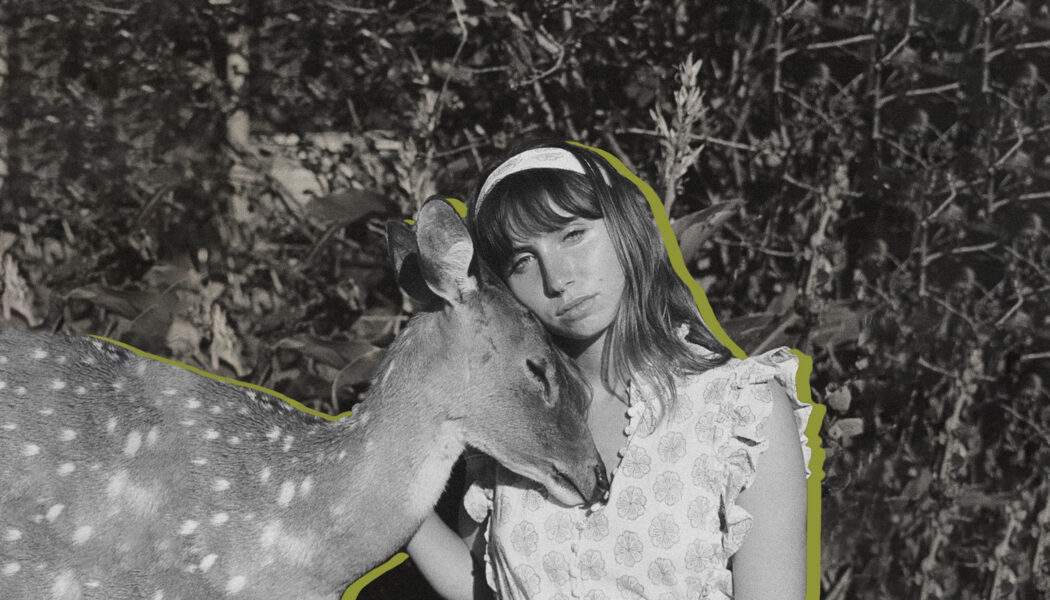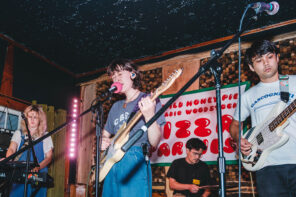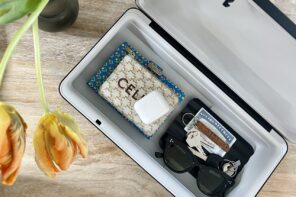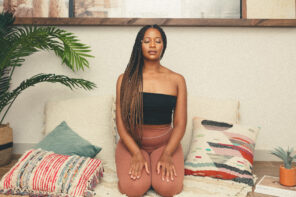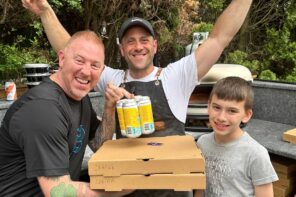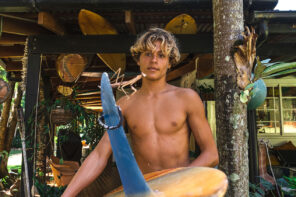Maui’s Own Songbird, Lily Meola.
Written by Laura Rubin
Whalebone contributing editor Laura Rubin is pulling up her camp chair to engage with a series of disruptive changemakers for good, those good people igniting the sparks, to talk about some stuff you probably won’t find on Google.
One surreal evening I found myself in a backyard gathering in Paia, Maui. Musical soundtrack? Kelly Slater sitting cross-legged in the grass strumming away on a guitar, casually singing. A young fawn came ambling across the property. Not lost—it was a baby deer that had been rescued, being raised as part of the family. The evening felt vaguely like I was on mushrooms (I wasn’t).
The vibe was familial and with good reason. This was the home of musician Lily Meola, Willie Nelson’s protégé—the same place she was raised with her brother, pro surfer Matt Meola, by their mother, Nancy. As our hostess, Nancy was inclusive and thoughtful. She was the kind of person who remembers your name. She also seemed to be mama bear to half of Maui.
I was deeply saddened to hear of Nancy’s passing from cancer a few years ago, a loss for the whole community. I kept thinking about her kids—particularly her talented, creative daughter, Lily, who exuded a rare tenderness.
In a full-circle moment, it was a pleasure to reconnect with this beautiful human at Whalebone’s request. After a difficult journey through inky-black grief, today Lily’s star is very much on the rise. A songwriter and singer, she’s been mentored by some musical greats including Jackson Browne, Steven Tyler and Kris Kristofferson—but her talent is very much her own.
And now, here’s Lily.
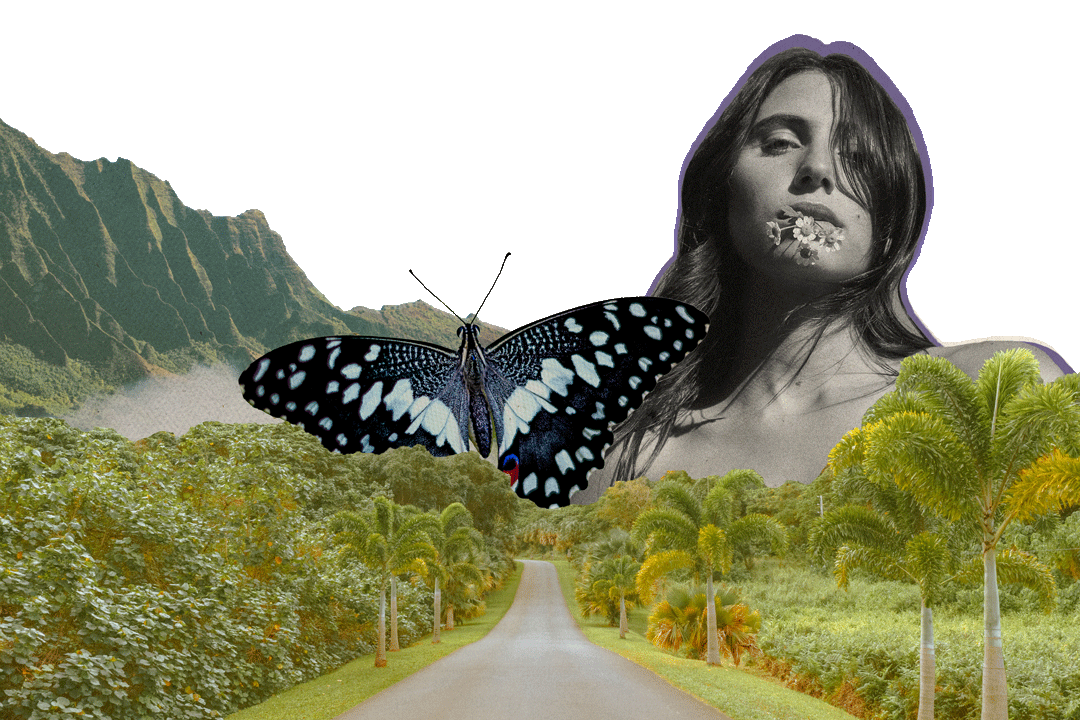
Laura Rubin: You come from an extraordinary community. How did growing up on Maui affect your work as an artist?
Lily Meola: Maui is a very desirable, beautiful place, which means a lot of people want to move there or have second homes there, including people in the music industry. So despite it being secluded, I’ve been lucky to have the chance to collaborate with some legendary artists, songwriters and musicians. There is also a big music scene and I was able to dive into it at a young age.
LR: Small island. Big music scene. Go figure. What’s this Maui musical landscape like?
LM: There are incredible musicians on the island, lots of concerts, live music at bars and cafes. It’s all really quality, beautiful music. I think I was 11 years old when I started getting weekly gigs. And I’ve kind of been doing it ever since.
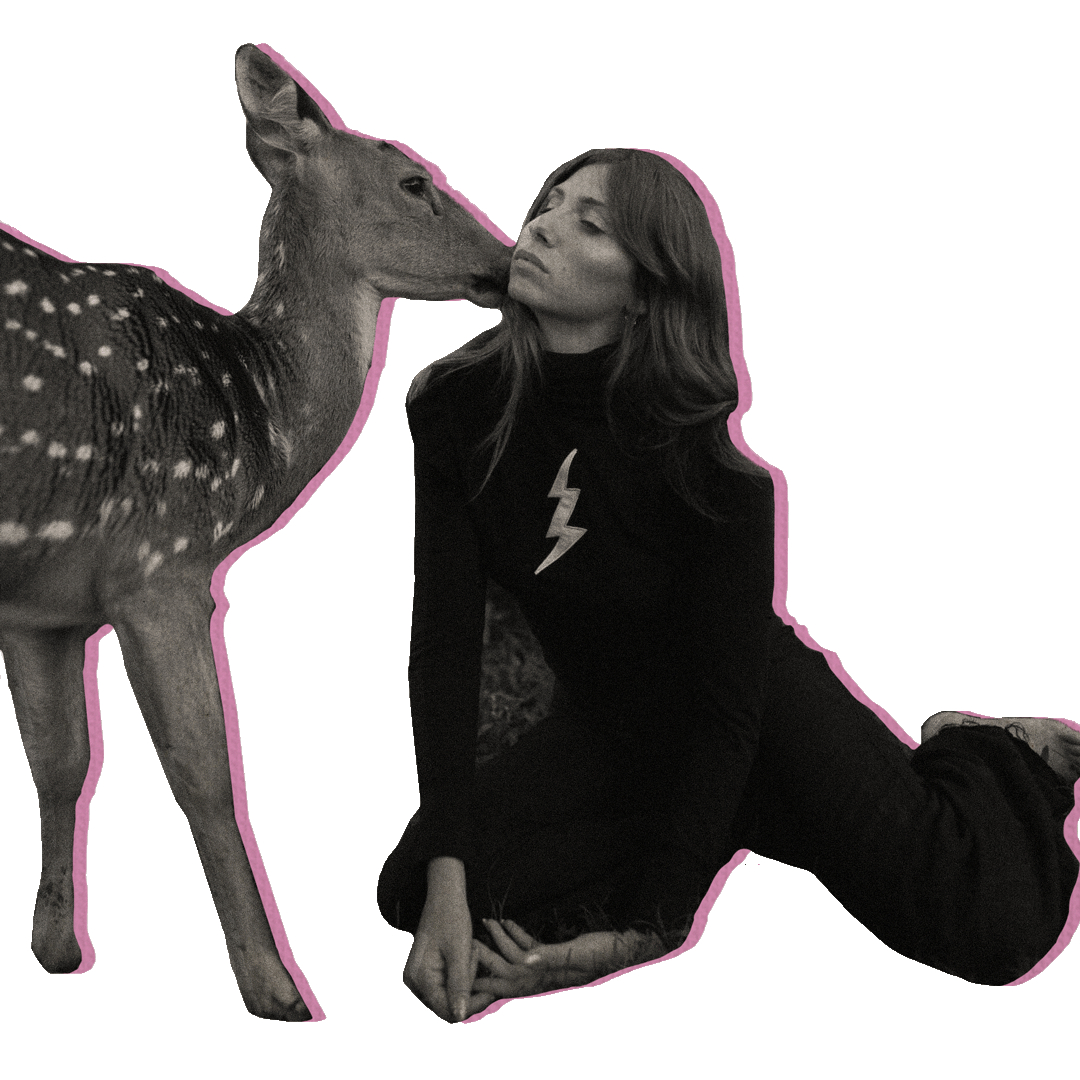
LR: A local legend at 11. How old were you when you started writing music?
LM: I got a call when I was 19 from a woman named Leslie DiPiero in Nashville. She randomly found a video of me singing at an event on YouTube. I didn’t even have a YouTube account, but she saw it somewhere and figured out a way to get in touch. She invited me to Nashville to write. But my immediate reaction was, “I am so bad at writing.”
Learning disabilities are different for everybody, but for me, I had a hard time in school. I’m really dyslexic. I got bullied. So the thought of writing something terrified me. At the time, even forming an email or a text message was daunting, let alone a song.
But she convinced me to go, and I’m forever grateful to her because I spent three weeks in the studio every day. I fell madly in love with the craft of songwriting. It was a pivotal moment. I could now sing my own thoughts and melodies. It was very freeing.
LR: Shout-out to whoever posted that video on YouTube. And kudos to you for taking the leap despite your fears. Sounds like it cracked things right open.
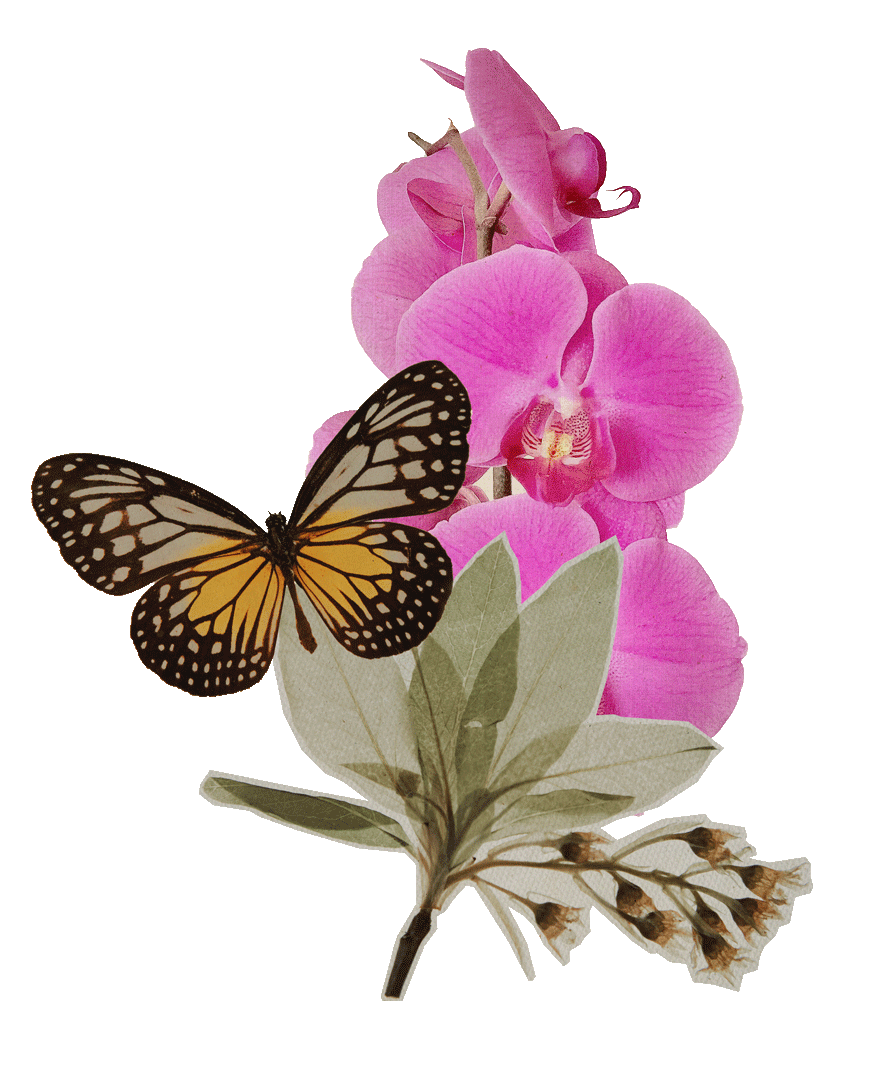
LM: For me writing music is like going to therapy. A song that I recently wrote called “Butterfly” is about my mom. She had passed away maybe two years before. The grief was so heavy. I was blocked, hadn’t really written at all.
But I went into the studio with the idea of this song. And while I was writing it, I was able to really process what had happened. Everything that I wanted to say to her, everything that I wished she … all these things. I left the studio that day feeling so much lighter, and a lot more connected to my mom.
Of course, there have been stages within my grieving process. But it’s come to a point where I am just trying to live every day as if we don’t have the next. It has made me appreciate what I do have—and what I did have.
One guy wrote and said, “I saw your video of you singing Daydream. When I finished it, I called my realtor and told him I wanted to put my house up for sale. I sold my house.” And he was on his way to Spain to buy his dream boat and travel.
LR: Yes, I find that once you join the club of grief you gain a new understanding of how ephemeral things truly are.
LM: I didn’t think another day would dawn if my mom passed away. But somehow another day does arrive, and it’s truly what you put into that day. Make sure that you are enjoying it and bringing joy to other people because that’s really all that matters. If we’re not happy and we’re causing drama in other people’s lives, it’s just not worth it.
LR: Amen. Drama’s overrated. A lot has been said about your stellar lineup of musical mentors and collaborators. What are some life lessons you’ve learned from them?
LM: I’ve learned that you can go about the industry in a very kindhearted, gracious way. On tour with Willie, I see how genuinely he loves what he’s doing and how kind he is to everybody. He shakes everyone’s hands, signs everything—not a complaint in the world.
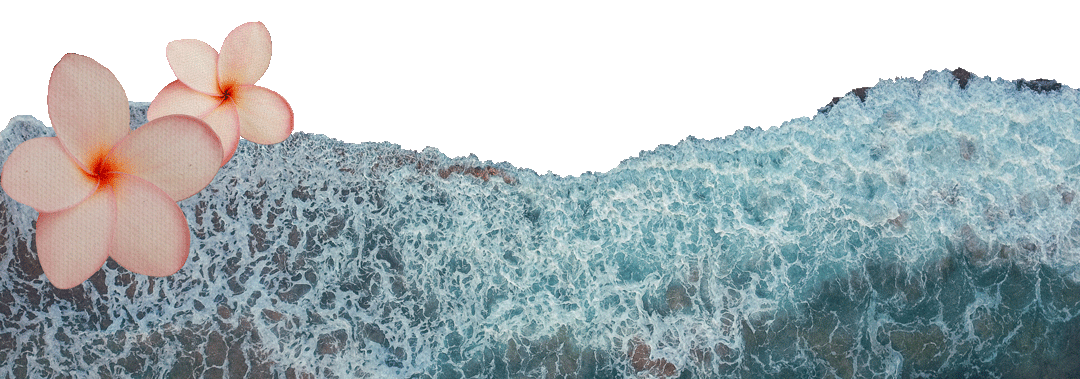
LR: Willie Nelson is the uncle everyone wishes they had. Prepping for our conversation, I watched your moving performance of “Daydream” on America’s Got Talent. Your voice brought Heidi Klum to tears. What’s the story of that song?
LM: It’s funny, I wrote it at a time when my life was like a daydream. I had a record deal, a publishing deal. I was traveling the world, working with my dream producers, but a lot of my friends were kind of stuck. They didn’t know what they wanted to do, or they were at a job that they weren’t enjoying. And I was like, “You can do anything you want. I’m living proof!” I wanted some sort of anthem for them so I wrote “Daydream.”
Then fast-forward quite a bit, I found myself in a place where I had lost everything and needed to take my own advice. I feel like I wrote that song for my future self.
Going on that show kind of shared the song with the world. I get messages every day about how it’s affecting people. I literally can’t think of anything in my life that could be more fulfilling than that.
One guy wrote and said, “I saw your video of you singing Daydream. When I finished it, I called my realtor and told him I wanted to put my house up for sale. I sold my house.” And he was on his way to Spain to buy his dream boat and travel.
LR: I wonder how many boats you’ve launched, how many careers you’ve changed, how many paths you’ve opened with that song.
LM: My goal in life right now is just to be as completely honest as possible, and hopefully connect with people on that level—forever.

